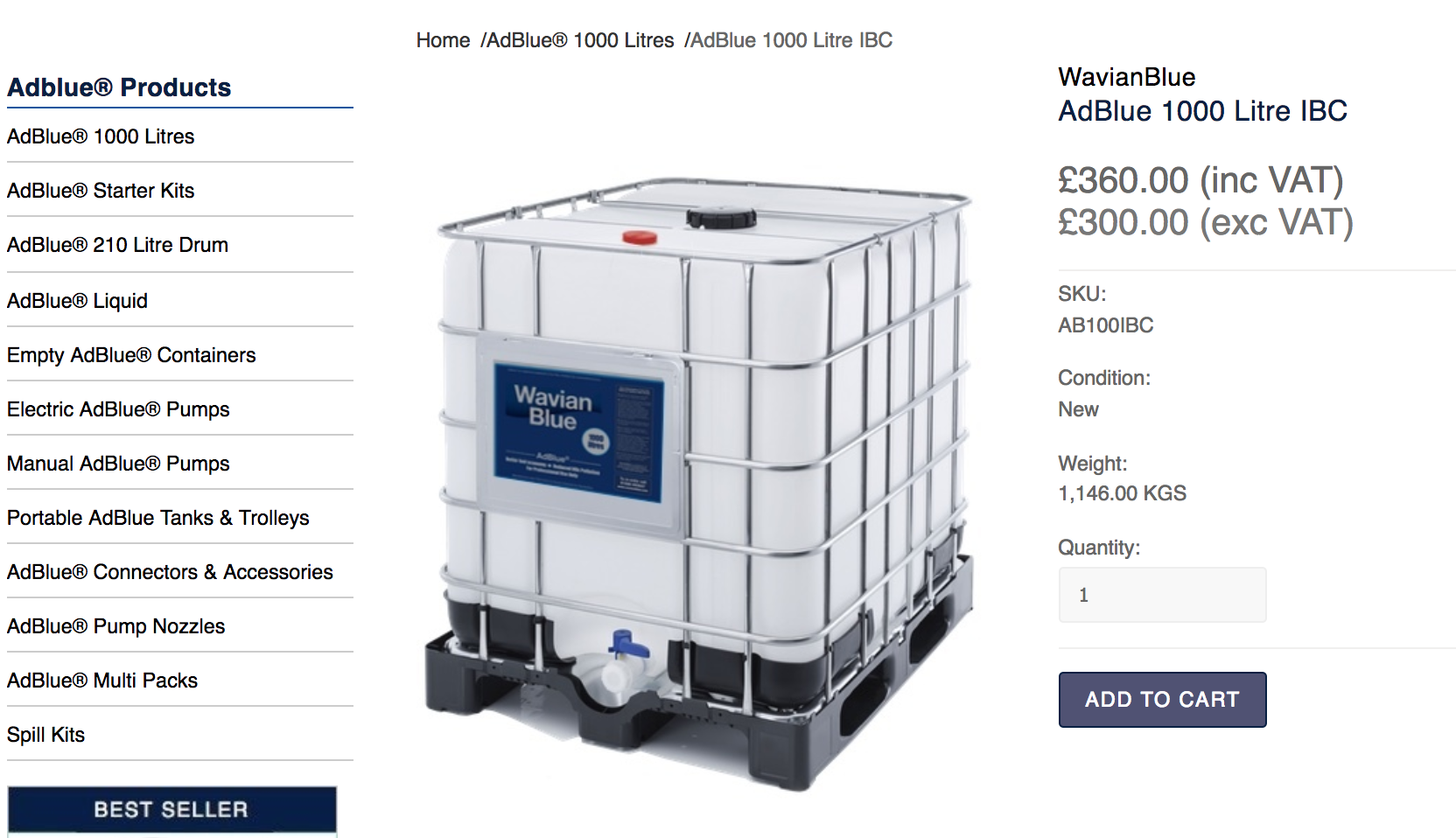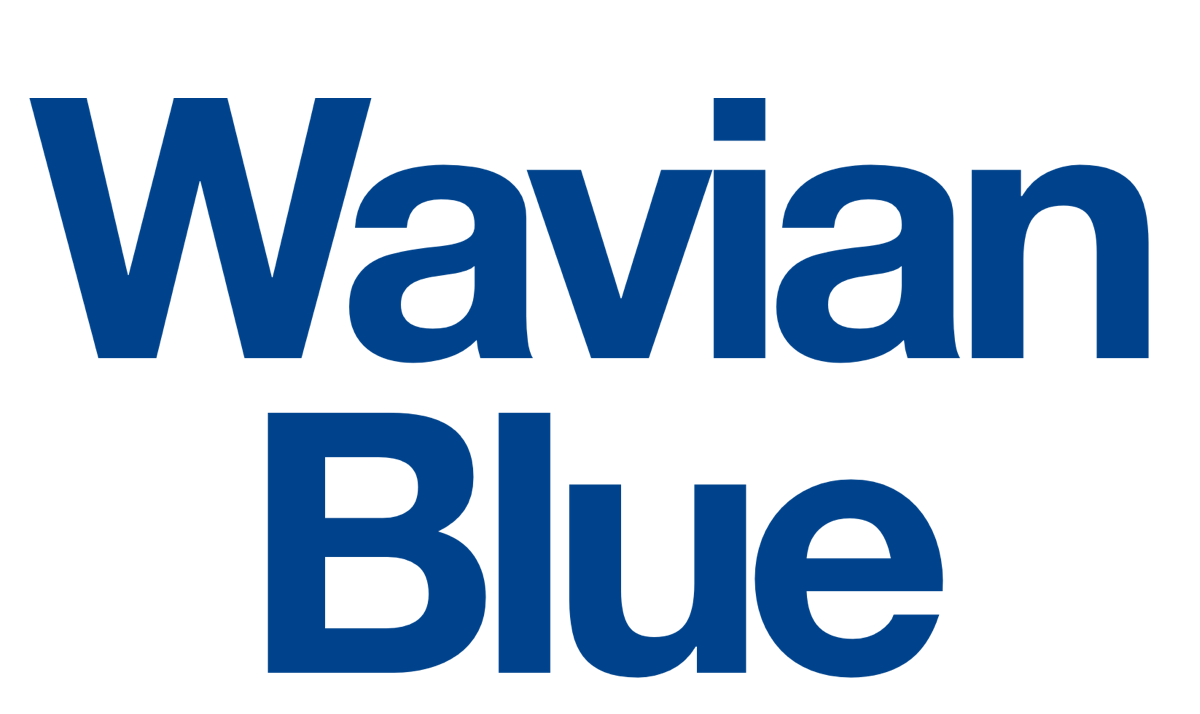No products in the basket.
A to Z of AdBlue, Latest News
A to Z of AdBlue® – U is for UREA
Our A to Z of AdBlue® continues with – U – for Urea. How good are you on your periodic table and chemical knowledge? Well, you may (or may not) realise that Diesel exhaust fluid (DEF) or AdBlue® as it is commonly known in the UK is an aqueous solution made up from 32.5% urea and 67.5% deionised water.

The UREA in AdBlue® is a synthetic compound, but in normal everyday life UREA is actually the main nitrogen-containing substance in the urine of mammals.
It was in 1829 when Friedrich Wöhler discovered that urea can be produced from inorganic starting materials and synthetically produced and this discovery became hugely important as it opened the door for other ‘natural’ elements could be synthetically generated in a lab.
Obviously there was no such thing as AdBlue® in 1829, but UREA was (and still is) used for many different purposes from fertiliser, to solvents to skin creams and more. In fact is actually the most commonly made synthetic chemical ever.
When it is used as part of a ’Selective Catalytic Reduction’ (or SCR system) it is mixed with the NoX emissions expelled from the engine and reduces the levels of harmful chemicals emitted into the air.

Our AdBlue® is made to the very highest specification and is strictly monitored for purity. Using a lesser grade AdBlue® in your system can not only reduce the efficiency of the car, but it can also damage the system itself, potentially causing the car to stop running completely. We sell our AdBlue® in a range of sizes and quantities. Our most popular seller is the 1000 litre AdBlue® IBC, currently available as November 2017 for £300 ex VAT, including delivery.


